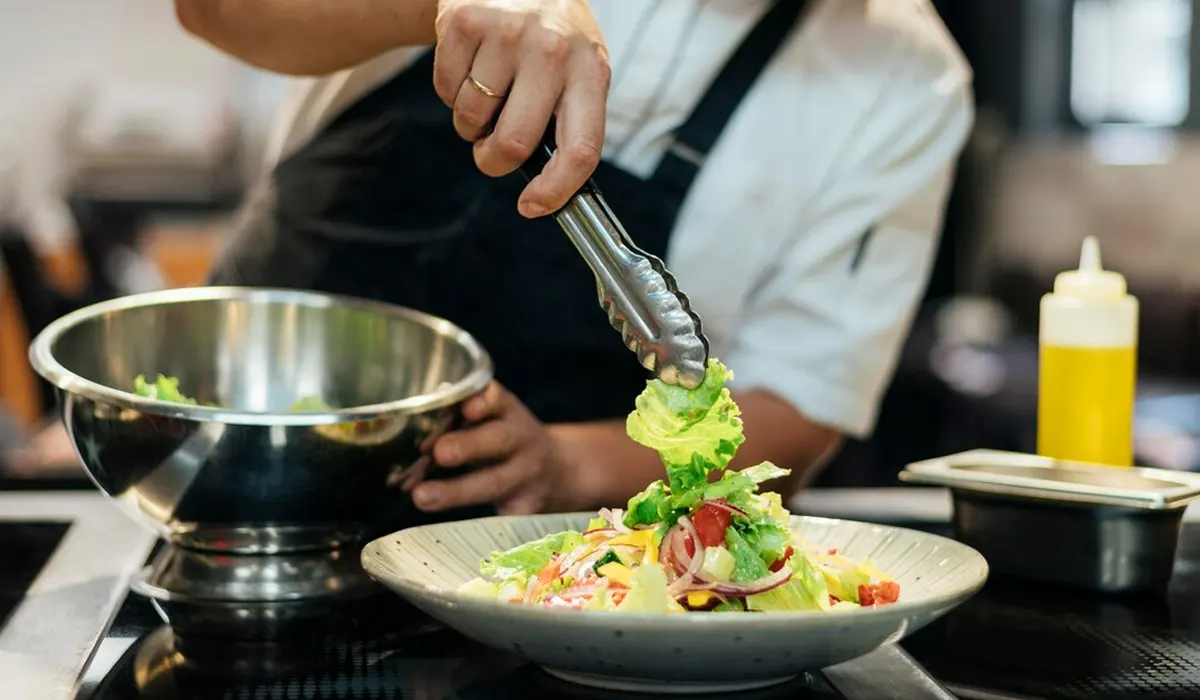
Cooking is more than just a necessity; it is an art form, a cultural practice, and a way to nourish the body and soul. The process of cooking transforms simple ingredients into something far greater than the sum of its parts, offering both sensory pleasure and a deep connection to tradition. From the most basic techniques to the intricacies of gourmet cuisine, cooking is a skill that evolves with practice and creativity.
The Fundamentals of Cooking
At its core, cooking involves applying heat to food in various forms—whether by boiling, frying, roasting, or steaming—to make it more palatable and safe for consumption. However, beyond this basic concept, cooking encompasses a vast array of methods and philosophies. Techniques can range from the simple preparation of a home-cooked meal to the precise, meticulous approaches found in fine dining.
For many, cooking begins with learning how to combine basic ingredients, such as vegetables, grains, and proteins, to create balanced dishes. Understanding how to season, marinate, and pair ingredients is essential to enhancing flavors. Even the way heat is applied—gentle simmering versus a high-temperature sear—can significantly affect the outcome.
The Role of Cooking in Health
The impact of cooking on health cannot be underestimated. When done mindfully, cooking allows individuals to control the ingredients they use, reducing reliance on processed foods and unhealthy additives. At home, cooks have the power to choose fresh, local ingredients, allowing for meals that are not only delicious but nourishing as well.
A focus on whole foods—such as vegetables, lean proteins, and whole grains—during cooking can improve one’s health by providing essential nutrients while minimizing the consumption of unhealthy fats, sugars, and preservatives. For example, preparing a hearty vegetable stew from scratch offers significantly more vitamins, fiber, and antioxidants compared to pre-packaged alternatives.
Creativity and Innovation in Cooking
What makes cooking truly remarkable is the room it allows for creativity. The way a chef or home cook experiments with different spices, techniques, and combinations can turn a simple meal into a culinary masterpiece. Whether it’s infusing oils with aromatic herbs or crafting intricate plated presentations, cooking provides a platform for self-expression.
One can look to global cuisines for inspiration, blending flavors from various cultures to create new, exciting dishes. Consider the fusion of Asian and Latin American elements in modern culinary trends. Sushi burritos, for instance, combine the traditional Japanese sushi with Mexican burrito concepts, a testament to the ever-evolving nature of cooking.
The Connection Between Cooking and Culture
Each culture brings its own distinctive flavor to the world of cooking. From the rich, savory stews of Eastern Europe to the light, fresh ingredients of Mediterranean cuisine, cooking reflects the unique history, geography, and climate of a region. Food traditions are passed down through generations, often symbolizing important cultural practices and celebrations.
For example, in many cultures, the act of cooking is a communal experience. Preparing a meal together fosters connection and strengthens family bonds. In some Mediterranean households, the entire family gathers around the table, chopping vegetables and sharing stories while preparing meals. This sense of community highlights how cooking is not just about food; it’s about people coming together.
Advancements in Cooking Technology
In recent years, cooking has been greatly influenced by technology. High-tech appliances, such as sous-vide machines and air fryers, have revolutionized how food is prepared. These tools allow home cooks to replicate restaurant-quality dishes with ease. At the same time, online platforms like food blogs and video tutorials have made it easier for people to learn new skills and techniques, democratizing cooking for all.
Additionally, innovative cooking methods like molecular gastronomy have opened new doors for experimentation. This scientific approach combines chemistry with culinary arts, resulting in visually striking and surprisingly flavorful dishes. These innovations show that cooking is not limited to tradition but is an ever-evolving practice.
Conclusion
Whether approached as a daily routine or an exploration of new ideas, cooking offers countless opportunities for growth, enjoyment, and connection. It allows individuals to nourish both their bodies and their creativity while honoring cultural traditions and embracing innovation. In an age of fast food and pre-packaged meals, taking the time to cook from scratch can transform not just the meal itself, but the way we view food. The magic of cooking lies in its ability to bring people together, celebrate diversity, and continuously evolve.